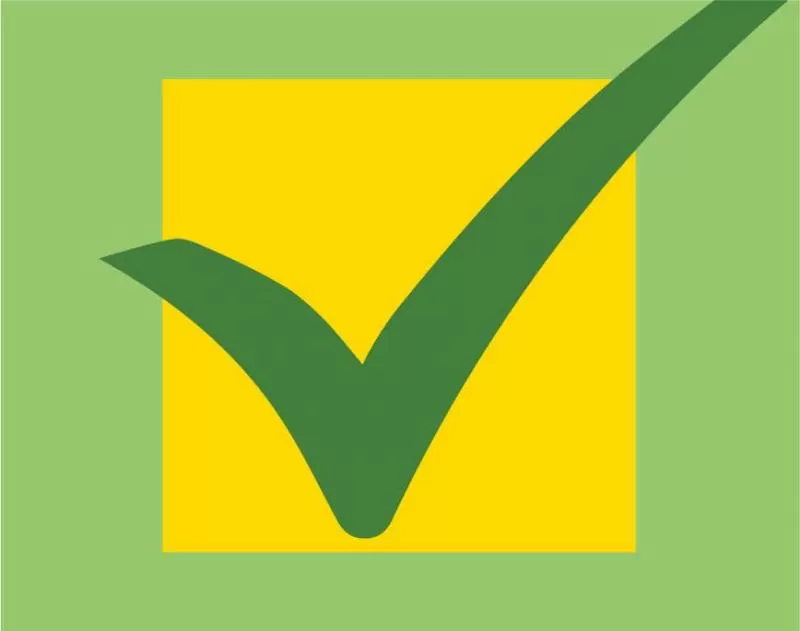You work? Now put EITC to work for you.
The Earned Income Tax Credit (or EITC) is a benefit for working people with low to moderate income. To qualify, you must meet certain requirements and file a tax return, even if you do not owe any tax or are not required to file. EITC reduces the amount of tax you owe and may give you a refund.
Workers at risk for overlooking this important credit include those:
- Living in non-traditional homes, such as a grandparent raising a grandchild
- Whose earnings declined or whose marital or parental status changed
- Without children
- With limited English skills
- Living in rural areas
- Who are Native Americans
- With earnings below the filing requirement
- Who have disabilities or are raising children with disabilities
If you qualify for the Federal EITC, you may also be eligible for a similar credit from your state or local government. Twenty-five states, plus local municipalities including the District of Columbia and New York City, offer residents an earned income tax credit for 2015.




